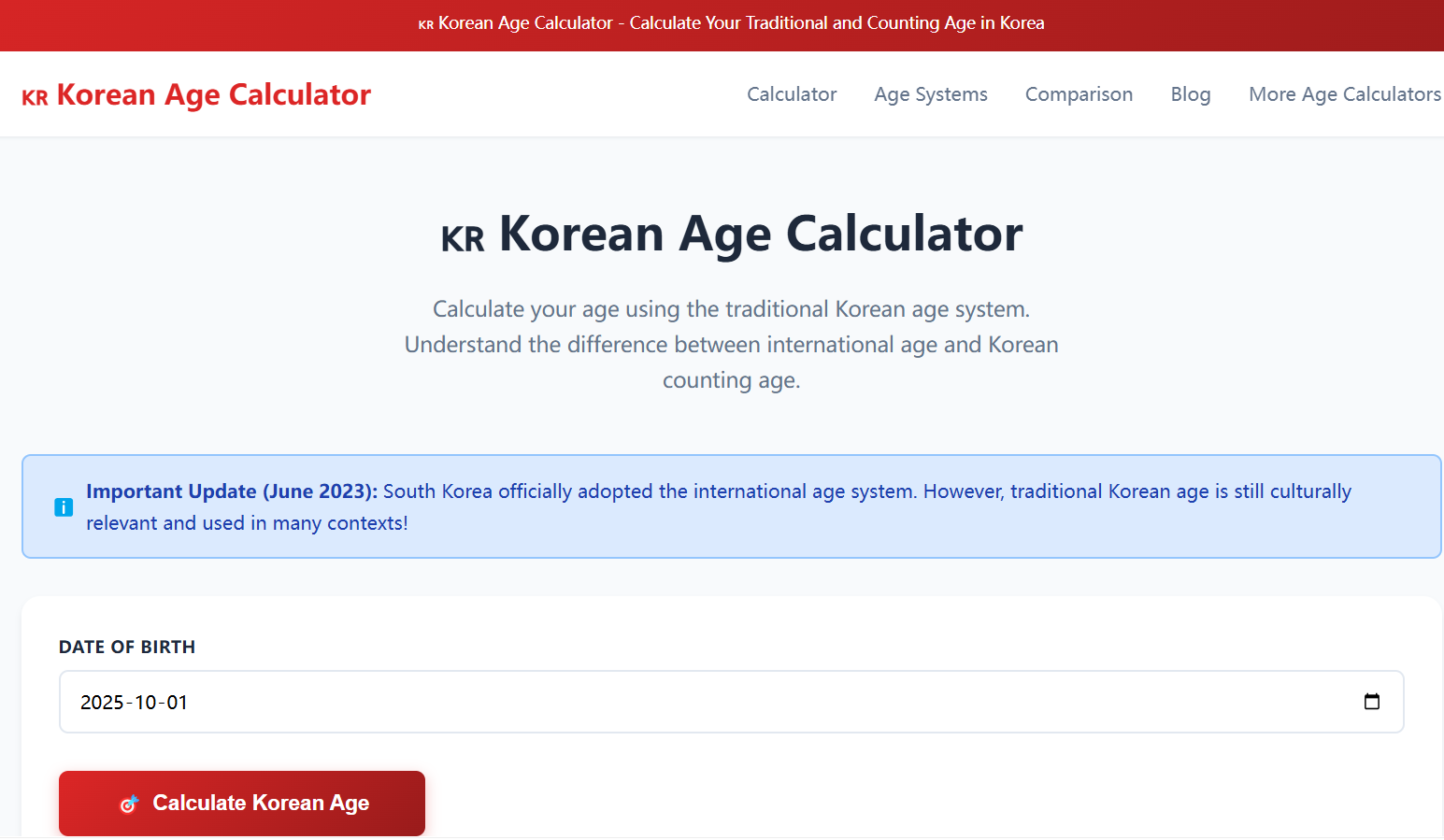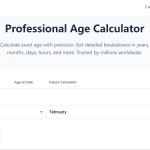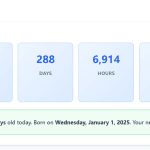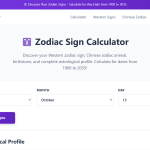For anyone exploring Korean culture, K-pop, or K-dramas, one of the first fascinating curiosities you’ll encounter is the unique Korean age system. Why are Koreans considered one or two years older than their international age? This guide will demystify the traditional method, explain the recent landmark law change, and provide you with the tools to calculate your own Korean age.
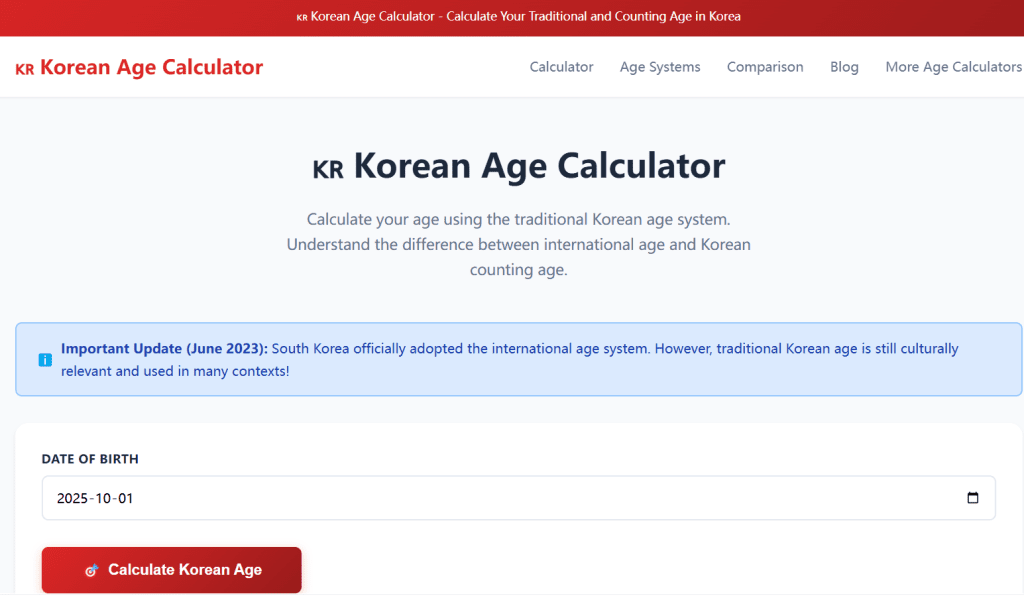
What is Korean Age?
Korean age is a traditional East Asian way of counting age that differs significantly from the international standard. In this system, you are considered to be one year old at birth, and you gain a year on New Year’s Day (January 1st), not on your individual birthday. This means your Korean age can be one or two years older than your international age.
The Cultural Logic Behind the System
This method of counting reflects a deep-seated cultural emphasis on community and shared experience. Everyone in the country ages together on January 1st, fostering a sense of collective passage through life, rather than focusing solely on the individual’s birth date.
How to Calculate Your Korean Age (The Traditional Way)
There are two simple methods to calculate your traditional Korean age. You only need your current international age and the current year.
Method 1: The Current Year Formula
This is the most straightforward calculation:
Korean Age = (Current Year – Year of Birth) + 1
- Example: If you were born in 1990 and the current year is 2025:
- (2025 – 1990) + 1 = 36 years old
Method 2: Using Your International Age
If you already know your international age, you can use this rule:
- Your Korean Age = Your International Age + 1
- Exception: If your birthday hasn’t occurred yet in the current calendar year, your Korean Age = Your International Age + 2.
To simplify, you can always add one year to your international age as of January 1st.
⚖️ The 2023 Law Change: A Modern Shift
In a landmark move, as of June 28, 2023, South Korea officially abolished the traditional age system for all legal and administrative purposes. This was done to reduce confusion, standardize medical and legal documents, and align with international norms.
What does this mean in practice?
- Government documents, official contracts, and medical records now use the international age system (often called “man-nai” or “early age”).
- The legal age for drinking, smoking, and voting is now based on your international age.
But the traditional system is far from gone.
- The traditional Korean age (“hanguk nai”) remains deeply embedded in everyday social life, culture, and language.
- How you address someone (using honorifics or informal language) is still largely determined by your traditional Korean age.
- It is still the default way to ask someone’s age in casual conversation: “Myeot sal-ieyo?” (몇 살이에요?), with the answer almost always being the Korean age.
Korean Age vs. International Age: A Quick Comparison Table
| Feature | Traditional Korean Age | International Age |
|---|---|---|
| Age at Birth | 1 year old | 0 years old |
| Aging Day | January 1st | Your Birthday |
| Common Use | Social interactions, family, media | Official documents, legal purposes |
| Status after 2023 | Cultural & Social Standard | Legal & Administrative Standard |
Why is Korean Age Important?
Understanding this system is key to navigating Korean social dynamics.
- Language & Respect: The Korean language is hierarchical. Your age difference determines the honorifics and speech level you must use when addressing someone.
- Relationships: It immediately establishes who is the “eonni” (언니, older sister – female speaker), “oppa” (오빠, older brother – female speaker), “hyung” (형, older brother – male speaker), or “dongsaeng” (동생, younger sibling).
- Cultural Context: It explains character relationships and jokes in K-dramas and variety shows that would otherwise be lost in translation.
Frequently Asked Questions
1. After the 2023 law, should I still learn my Korean age?
Yes. For social interactions, understanding media, and building relationships with Koreans, knowing the traditional system is essential. Legally, the country uses international age, but culturally, the heart still beats to the Korean age rhythm.
2. I was born on December 31st. What is my Korean age the next day?
On January 1st, you would turn two years old in Korean age. You gained your first year at birth, and your second year on New Year’s Day.
3. Which system should I use when talking to a Korean person?
In a casual setting, it’s safe to ask and use the traditional Korean age. In a formal or official context, use the international age.
Discover Your Korean Age
Ready to find out how old you are in Korea? Use our quick and easy calculator below!
Sources: Korean Ministry of Government Legislation, National Institute of Korean Language.
